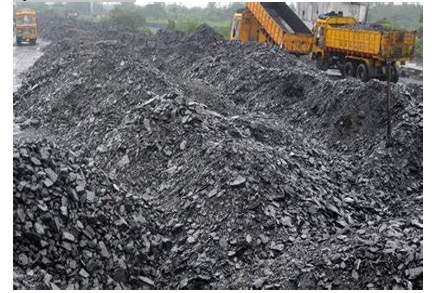INP-WealthPk
Amir Saeed

Pakistan can effectively tackle its energy challenges by transitioning from costly imported fuels to locally produced coal, which will lead to significant cost savings, boost exports, and enhance its competitiveness in the global market. Speaking to WealthPK, Dr. Omer Siddique, senior development researcher at the Pakistan Institute of Development Economics (PIDE), emphasized that Pakistan has an excellent opportunity to tap into its Thar coal reserves for energy self-sufficiency and economic growth. "With reserves estimated at over 175 billion tons, this indigenous resource has the potential to completely transform the country's energy landscape. In terms of sulphur content, Thar coal is comparable to, if not superior to, imported varieties," he stated. He further noted that the lower sulphur levels result in fewer environmental impacts, making it an environmentally friendly option for power generation.
This shift could significantly reduce Pakistan's dependence on imported energy. "Building a proper railway network is crucial to realizing Thar's potential. An efficient transport infrastructure is key for the timely and cost-effective delivery of coal to power generation plants across the country." Currently, insufficient transportation infrastructure makes local coal less accessible and less appealing than imported fuels. By investing in railway networks and logistical solutions, a smoother transition to indigenous energy sources can be achieved. In his conversation with WealthPK, Dr. Naveed Arshad, a member of the LUMS Energy Institute (LEI), noted that transitioning all power plants from imported to local coal would have a substantial positive economic impact. Estimates suggest that the country could save up to $800 million annually from reduced import costs and improved energy security. "Moreover, switching to local coal would immediately lower electricity prices by Rs3 per unit, benefiting both businesses and consumers.
Reduced energy costs would spur economic growth and enhance competitiveness across many sectors." He added that utilizing local coal offers more than just cost savings. By relying on indigenous resources, the country can strengthen energy independence and reduce its exposure to international market fluctuations. "This strategic shift would also create jobs in coal mining and transportation, bolstering the country's energy security. Local communities in Thar and other areas would benefit from new employment opportunities generated by coal mine expansions." "While coal's environmental impact has drawn criticism, advances in clean coal technology present opportunities to address these concerns. By investing in such technologies, Pakistan can sustainably harness its coal resources, meet its energy needs, and align with global environmental goals," he suggested.
Credit: INP-WealthPk













